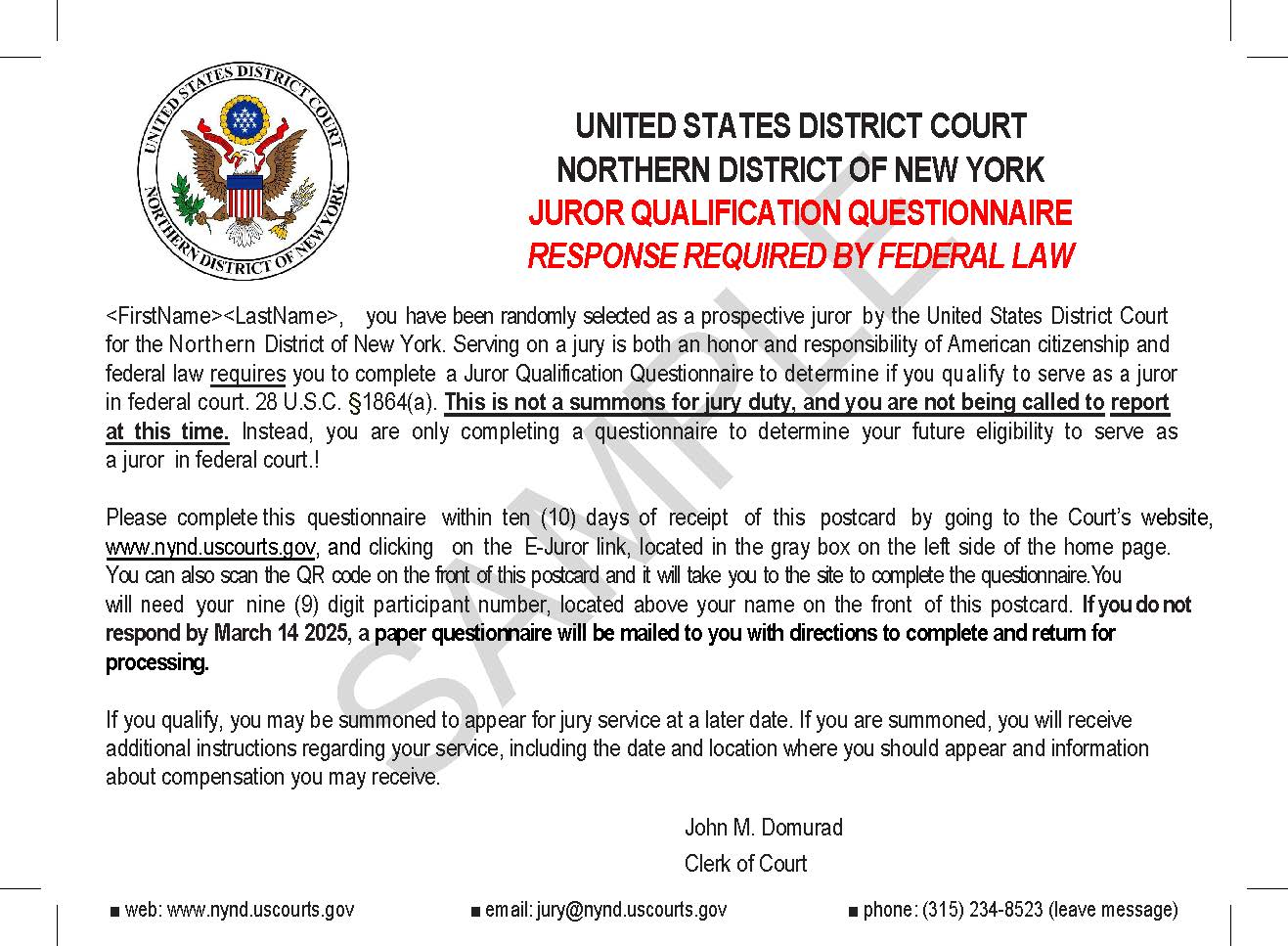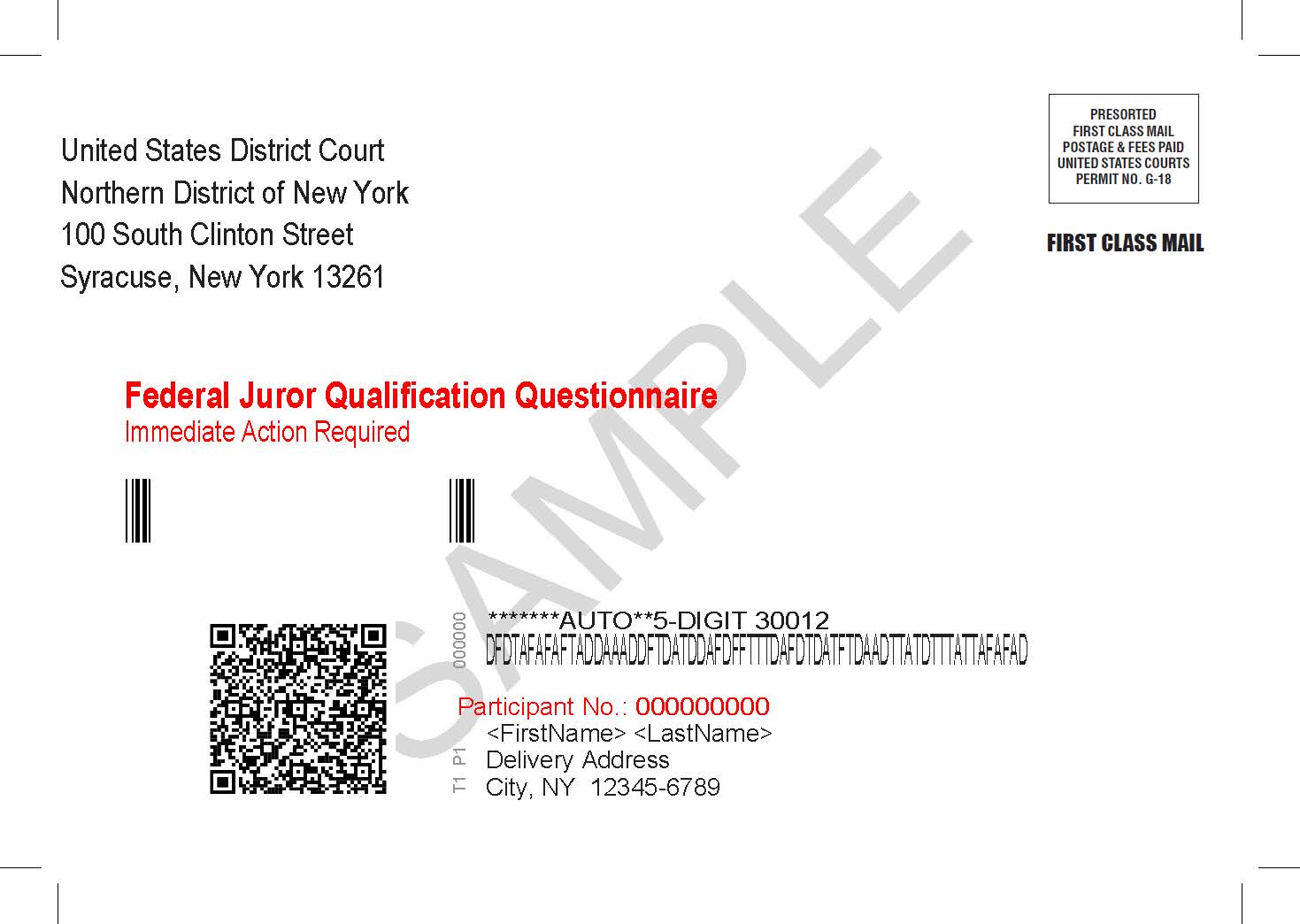Federal Rules of Procedure are regulations that specify procedures for civil and criminal legal suits within United States federal courts. The Supreme Court establishes or modifies the Rules, usually on the recommendation of the Judicial Conference. Congressional approval is the final step.
Local rules refer to a particular set of rules for each court governing matters not determined by the Federal Rules of Procedure. Local rules reflect the courts' traditional authority to manage their own affairs so as to achieve the orderly and expeditious disposition of cases.
General Orders often refer local rules and governed by the local Board of Judges. These are used to enhance the local rules to make the judiciary process in that governing body progress efficiently and effectively.
Judges' Standing Orders are rules held to be in force until specifically changed or withdrawn and fall under specific judges.






